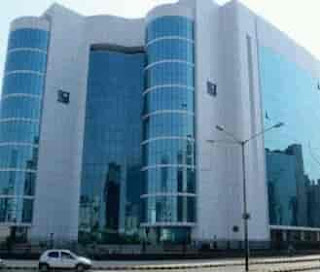IMPORTANT QUESTION 12 CBSE ECONOMICS ( INDIAN ECONOMIC DEVELOPMENT)
For Macroeconomics pls click the link in the end of page.Macroeconomics
1.How does investment in Human Capital contribute growth.
2.What is NABARD .Explain its role in rural credit.Explain any three Insitutional and noninsitutional source of credit
3.What is rural and urban poverty.It is correct to say that poverty has been shifted from rural to urban. Give reasons for your answer.
4.Write short notes on MGNREGA and PRADHAN MANTRI JHAN DHAN Yojna.
5.Why did India and Pakistan introduce reforms?
6. What was common in the development strategy of India, China and Pakistan during 1950-1990? .
7.When was the Great Proletarian Cultural Revolution introduced in China?
8.Mention feature of China’s economy.
9.What is the important implication of the ‘one child norm’ in China?
10.Suggest some lessons that India can learn from China.
11.China’s rapid industrial growth can be traced back to its reforms in 1978. Do you agree? Elucidate.
12.How will you prove that human development is more progressed in China than in India or Pakistan? .
13.Critically appraise the development strategies of Pakistan.
14 “Recently Indians have drifted away from the traditional knowledge and practices
and caused large scale damage to environment”.
Explain how, adopting the traditional practices can be helpful in achieving the
objective of sustainable development?
15.‘Power sector in India has major issues with its installed capacity’. Discuss the given
statement.
16. ‘Education Commission 1964-66 had recommended that at least 6 per cent of GDP
must be spent on education’. How far India has been able to achieve the said goal?
17. ‘The opening up of the Indian Economy has led to a rapid increase in Foreign Direct
Investments and Foreign Exchange Reserves of the country’. Defend or refute the
given statement.
18. Define the following terms
a) Disinvestment b) Import Substitution
OR
Define the following terms
a) Outsourcing b) Quota
19. How did the export surplus lead
to economic drain of wealth of Nation during colonial rule.
20. “Rural Economic development is essential for Indian Economic development”. Do
you agree with the given statement? Support your answer with valid reasons.
21 ‘In spite of the increase in public health expenditure Indian Health System is an
ailing system in itself’. Defend the statement citing any three major problems of
Health sector in India.
22.Explain the Growth of Employment and Gross Domestic Product trend of the two variables from 1990-2012.
.
23.What is the significance of private sector in health care system in India?
24. Looking at the statistics, we find that more of educated people are engaged in crimes.
More of educated people are committing suicide. How do you think we need to mould
our education system to correct the situation?
25. Write a short note on WTO.
26. Distinguish between planning objectives and plan objectives on any four basis.
27.Explain briefly the meaning of economic reforms. What are the main economic reforms?
28.British rule had both harmful as well as benefical for indian Economy.Justify
29.Explain the major factor responsible for high growth in service sector.
30 Explain the objective of five year plan.
31.How has population explosion and the advent of industrial revolution resulted in
environmental crisis?
32.Why RBI role has been converted from controller to advisior.
CBSE Macroeconomics




Comments
Post a Comment